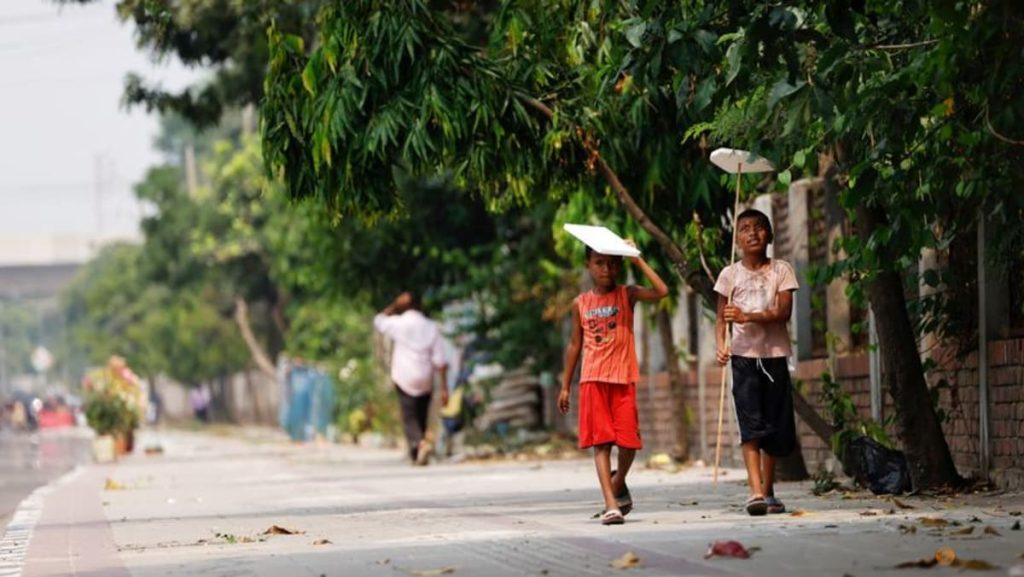have now been shut again as the extreme heat continues to pose a risk to students and teachers. The decision to close schools in nearly half of the districts, including Dhaka, was made in order to protect the health and well-being of students and staff.
The extreme temperatures, which have been hovering above 43 degrees Celsius, have made it unsafe for students to attend classes. The high temperatures are not only uncomfortable but also pose a serious health risk, especially for young children who may not be able to tolerate the heat as well as adults. As a result, the government has taken the precautionary measure of closing schools to prevent any heat-related illnesses or accidents.
The closure of schools has disrupted the education of millions of students across the country, many of whom rely on the school for daily meals as well as their education. With the prolonged closure of schools, students are not only missing out on learning opportunities but also on essential nutrition that they would normally receive at school. The government has urged parents to take measures to ensure that their children stay safe and healthy during the heatwave.
In addition to the closure of schools, the government has also implemented other measures to mitigate the effects of the heatwave. These include providing additional support to vulnerable populations, such as the elderly and the homeless, who are particularly at risk during extreme heat events. Medical facilities have also been put on high alert to deal with any heat-related illnesses that may arise during this period.
The extreme heatwave in Bangladesh is not an isolated event but rather part of a larger trend of increasing temperatures and more frequent heatwaves due to climate change. As global temperatures continue to rise, countries like Bangladesh are likely to experience more extreme weather events, including heatwaves, flooding, and cyclones. It is essential for governments to take proactive measures to protect their citizens from the impacts of climate change.
In conclusion, the closure of schools in Bangladesh due to the extreme heatwave highlights the need for proactive measures to protect the health and well-being of students and staff during such events. The government’s decision to close schools in nearly half of the districts, including the capital, is a necessary precaution to ensure the safety of students and prevent any heat-related illnesses. As climate change continues to drive up temperatures and increase the frequency of extreme weather events, it is crucial for countries to adapt and take steps to protect their populations from the impacts of a changing climate.


